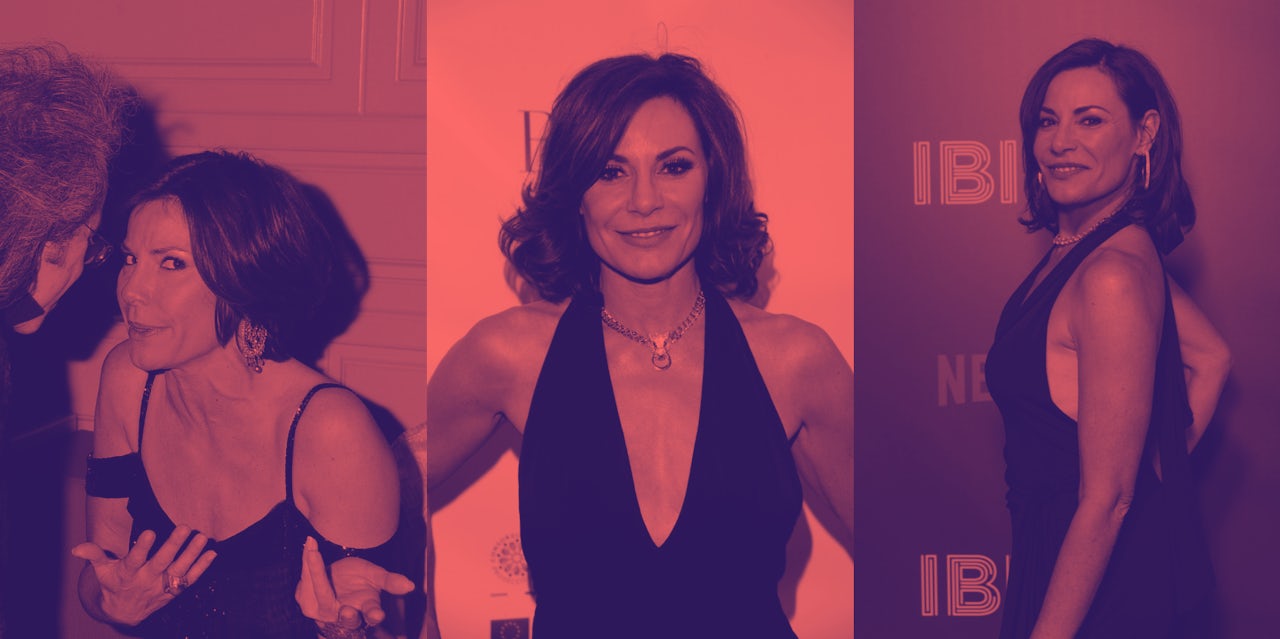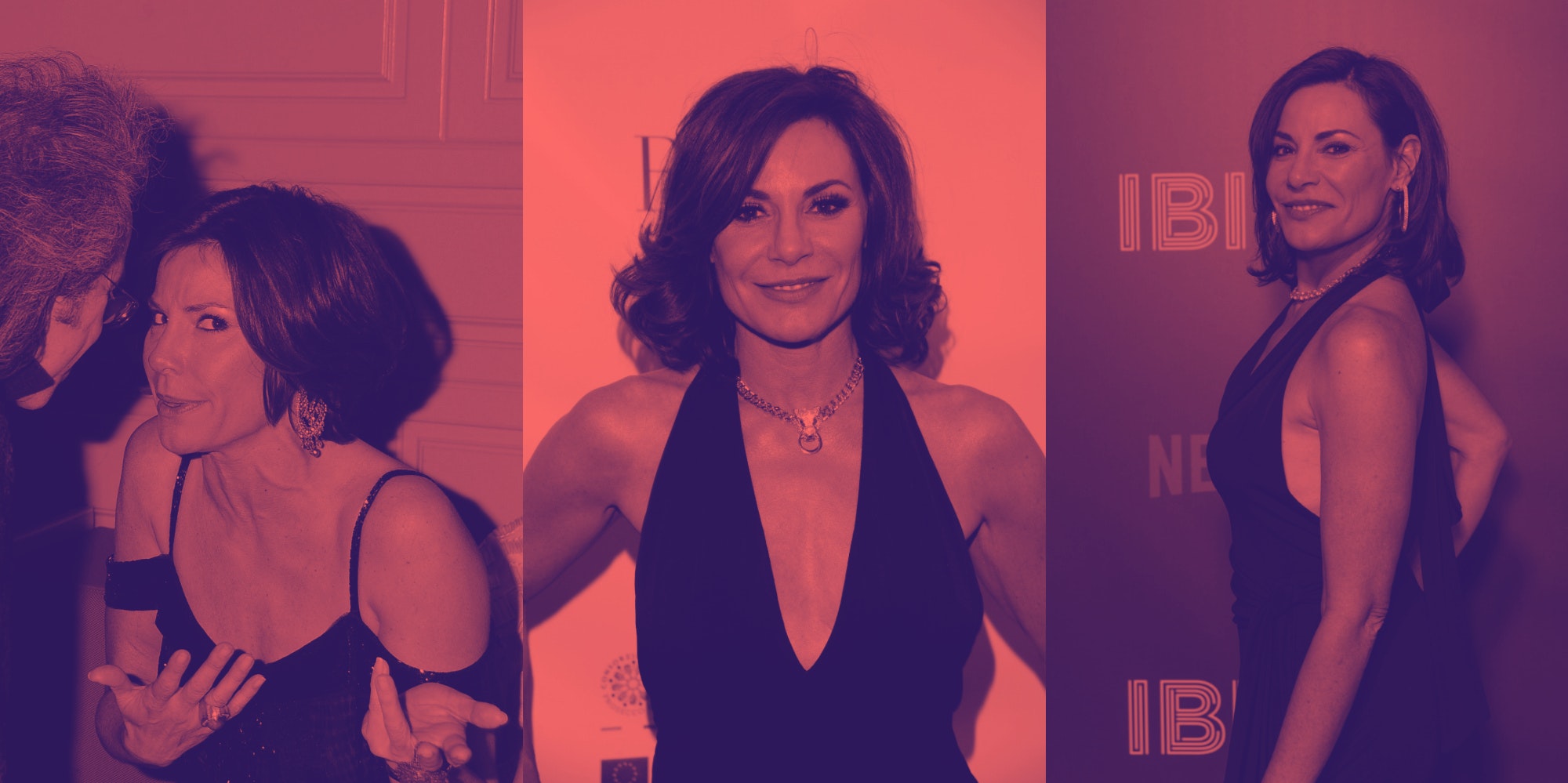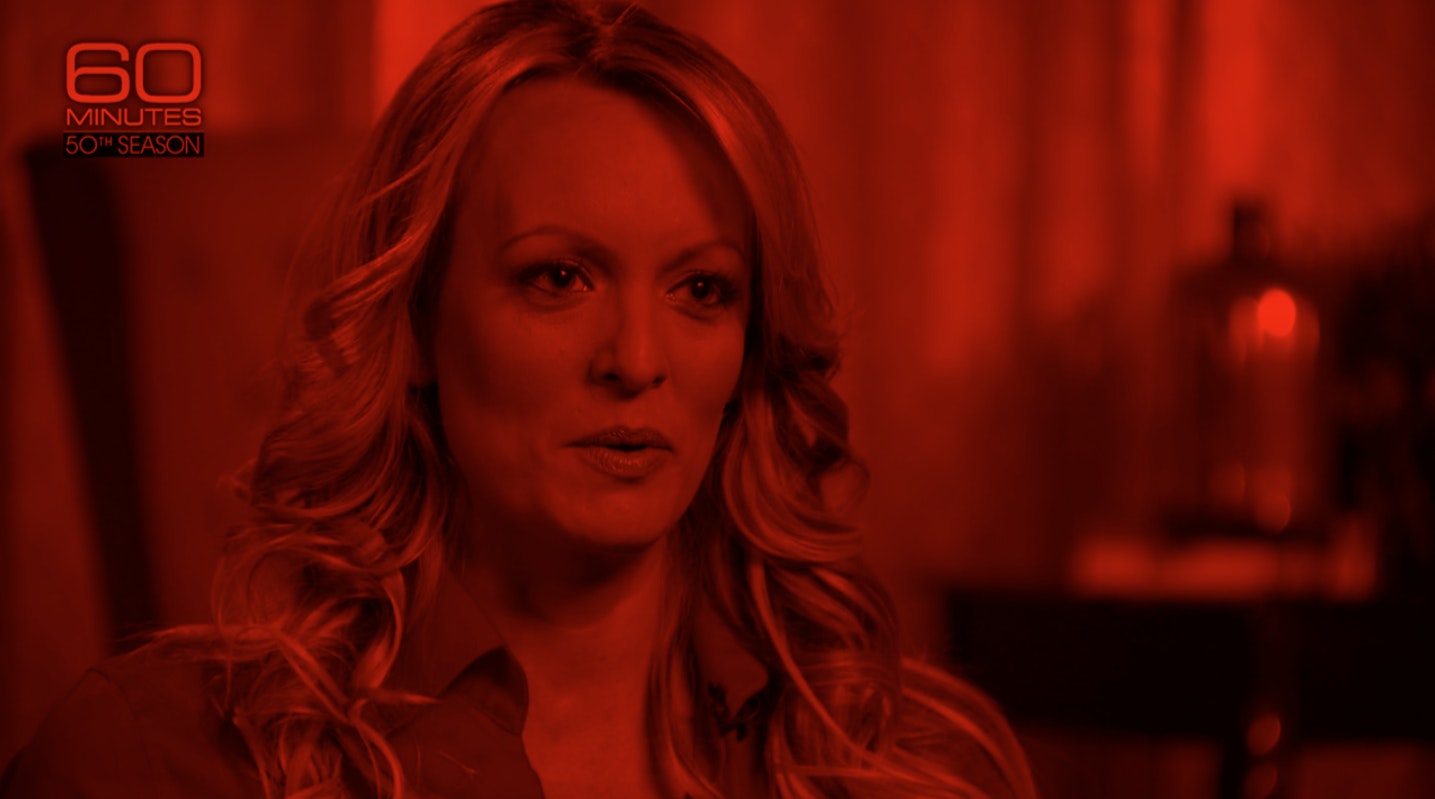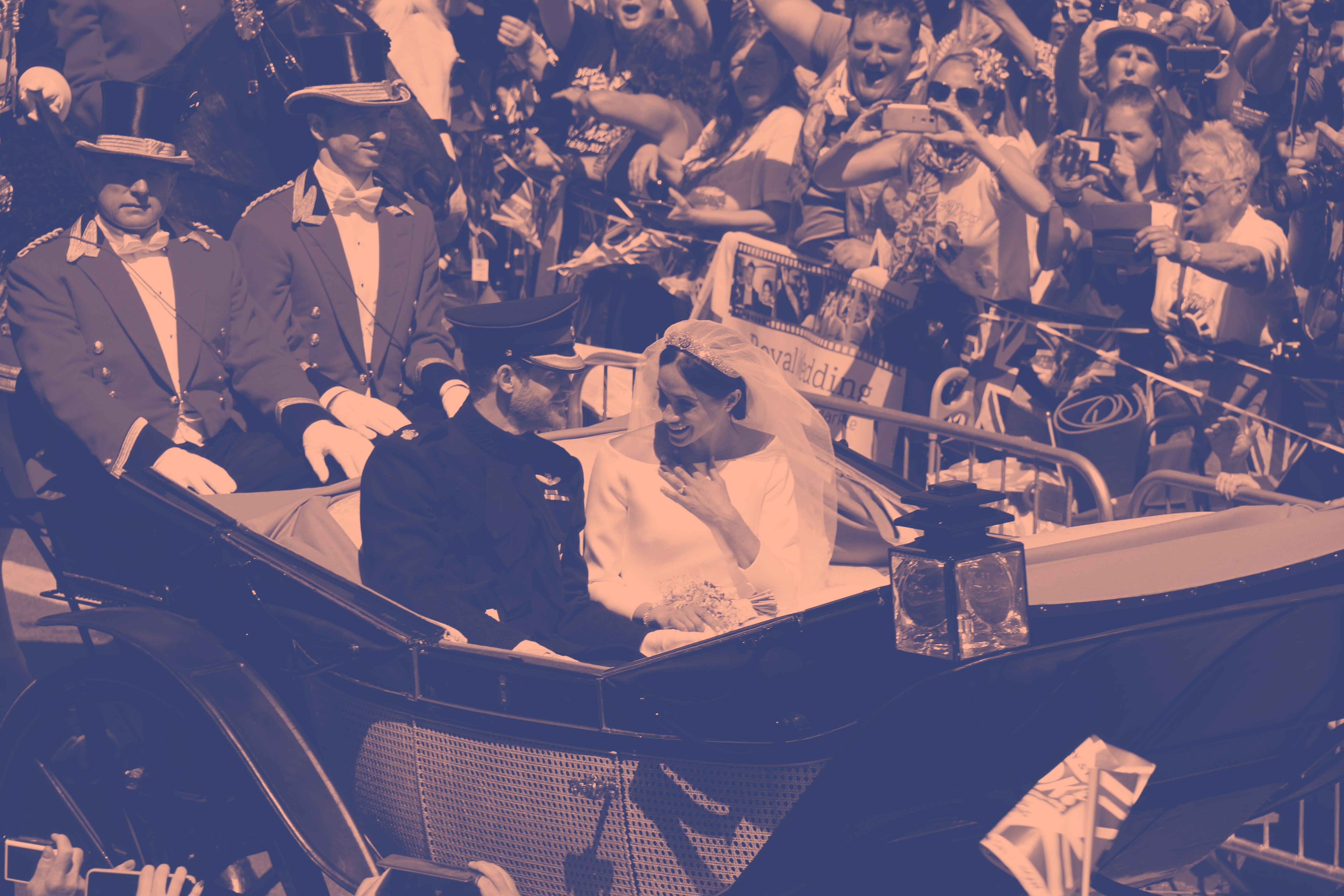In the era of Lena Dunham and Taylor Swift, it’s quite a feat for the public to feel any empathy for wealthy white women. But that’s exactly the position one rich white lady landed in last December.
Yes, I’m talking about Luann de Lesseps, the cult-favorite from Bravo TV’s Real Housewives of New York City, the raspy-voiced, statuesque mainstay in the show’s rotating cast of middle-aged lushes. Luann, a 52-year-old mother of two and former countess, was arrested after a drunken tirade in Palm Beach, FL, later charged with resisting arrest, disorderly conduct, battery of an officer, and other things only white people can do without getting killed by the police in America.
And yet! Devoted RHONY fans (that’s short for Real Housewives of New York), even casual followers of the show, showed overwhelming concern for the Countess, who maintains her title despite her divorce from Count Alexander de Lesseps and subsequent remarriage (and subsequent divorce). Luann’s status on the show, after a season full of insisting she was fine post-her much-discussed marriage with a notorious Upper East Side playboy named Tom D’Agostino, seemed to be in jeopardy after her mugshot headlined entertainment news. She checked herself into rehab, and tweeted that she was checking herself into rehab, as friends and fans offered their thoughts and prayers. Business as usual, when it comes to celebrity rehab stints.
— Luann de Lesseps (@CountessLuann) December 29, 2017
But Luann didn’t follow the well-paved post-rehab paths of other women of her ilk. She didn’t pull a quiet return to society a la Demi Moore, nor a full-on Oprah special a la Lindsay Lohan. The Countess opted for a triumphant return to the public eye with an age-old form of storytelling and song: cabaret.
February marked Luann de Lessep’s first performance of #CountessandFriends (the hashtag is included in the title), a performance met with smash reviews from even the ficklest critics. Vanity Fair wrote, “The energy was infectious and literally every person in the room will love it!!”; Paper added, “Oh my Goddess, it was all so sublime.” Even Page Six, the gossip site that covers much of the Countess’ tumultuous off-camera life, declared the show a hit.
To the untrained eye, Luann’s story arc over a decade of RHONY may seem like a series of plots concocted in a writer’s room. But the housewife’s trajectory carried the rags-to-riches elements of a campy, stage-ready drama not unlike My Fair Lady or Pretty Lady even before she reached cable TV infamy.
Born into a firmly middle-class family in Connecticut, Luann was a jock who, in her early twenties, began working as a fashion model in New York and Milan. In Italy, she met her former husband, Count Alexander de Lesseps, who promptly put a ring on it, and thus Luann from Connecticut became Countess Luann. By her own accounts, she led a charmed life, replete with the self-important rituals modern European nobility clutch to as their raison d’etre. By the time Bravo began filming with the Countess, she had moved back to New York City (with a weekend and summer home in the Hamptons, of course) while her husband, Count Alexander, did whatever it is a French count does in a post-French Revolution world.
Knowing her small-town background, it’s easy to understand why Luann’s role in early seasons of the show was as an obnoxious know-it-all, most likely to lord it over her uncouth cast-mates (mind you, Luann seemed to party the most of any of them, a bit of foreshadowing). She always needed to imply her inherent nobility, like the time she walked into a classic beach-side RHONY scuffle and offered scrambled eggs “a la francaise” to cool their tempers. The recipe, which she later described on camera, seemed to be no different from simple scrambled eggs.
But as the show progressed, or rather, as time lurched forward, Luann’s life seemed to be tearing at the seams. It’s the cursed fate many Bravo Housewives face: by one grim calculation, the franchise has a nearly 44 percent divorce rate. For Luann, it was breaking up with her longtime French boyfriend who she’d been with ever since her divorce. An ennui settled over her character and plot line, an especially grim observation considering the show is meant to exaggerate the glamorous aspects of each of the housewives.
During Luann’s single years, many of my mutual friends encountered her in the wild, by which I mean New York’s Meatpacking District, home to clubs where they put sparklers on champagne bottles. My hairdresser recognized her raspy laugh from across the bar and told me how she seemed very intoxicated, but was enjoying the small crowd she had garnered in the club. Another friend lit her cigarette for her, enchanted by her larger-than-life presence in the brief exchange. Each, in their retelling of their brushes with the Countess, were giddy with excitement. She lived up to her image on TV, a mythical character presented in human form.
Luann is a real person in addition to being a reality TV character, so it’s understandable that Luann who likes to party on TV also likes to party in real life. But there’s something grim about celebrities who wade into the public seeking affirmation from strangers. Once I saw Janice Dickenson at PUMP Restaurant in Los Angeles — a restaurant founded, naturally, by a Bravo Housewife — stumbling around taking selfies with the restaurant’s patrons. My friend and I, who went to the restaurant to witness exactly that kind of thing, looked on with excitement and horror. Were we charmed too? Her grotesquely obvious need for validation drew us in like a magnet.
For Luann, ultimate validation finally came in the form of a marriage. Last year’s season was entirely was dedicated to her whirlwind engagement with Tom D’Agostino, an Upper East Side fixture who has locked lips with many of Luann’s cast-mates and friends. Friends and frenemies warned Luann of his untoward ways, and his many nights at the Regency Hotel bar, where he wooed wealthy middle-aged women over martinis.
That season’s finale ended with a hungover-looking Luann choking back tears as one of her fellow housewives delivered the news: her future husband was making out with someone else in plain sight, just days before their engagement. As human experience, it was miserable to think about; as reality TV fodder, it was great drama. I was enthralled as this group of women, for whom cheating husbands and dissolved marriages are the norm, released all their trauma. Ugly crying, sob-filled insults at men, and somber retellings of their own stories of suffering the aftermath of infidelity were set to dark and ominous music. Even as someone who gleans life force from any of the Real Housewives series, it was a difficult scene to watch. These women were meant to have it all: wealth, access, careers, stability — and yet the majority of them were brittle from their emotionally wrought lives.
Luann ultimately went through with her marriage to Tom D’Agostino, which unsurprisingly ended after eight short months. On the anniversary of her failed marriage, she got arrested in the same resort town where she got married, then went to rehab down the road. All of which is to say, Luann seemed to be in a pathetic state compared to her holier-than-thou ranking as royalty when the show first began filming ten years ago.
But #TheCountessandFriends cabaret wasn’t just Luann’s comeback. It was the Countess in her final form, in on the joke with the audience instead of being the butt of it. In it, she poked fun at aspects of her life that audiences mocked in the show, including her now multiple stints in rehab, her escape from handcuffs while she was in the back of a police car, and the failed marriage that was a painful saga both in the show and in her off-camera life. She reads pages from a bedazzled “Luann’s Diary,” where she sing-songed her way through multiple divorces and now-iconic battles with fellow housewives in the series, and sang her “hit singles,” including “Money Can’t Buy You Class,” which she recorded shortly after her divorce. Dressed in campy sparkling gowns that looked as though they were made for someone dressing up as Liza Minelli on Halloween, she crooned through the song’s cringe-worthy lyrics: “Elegance is learned, my friends.”
It’s a relief, actually, to skip the hand-wringing that comes with following one’s “problematic fave,” accepting the two-dimensional entertainment value that a character like Luann has in one’s life.
The cabaret walked the audience through Luann’s various trials and tribulations, but it also smoothed past her many gaffs, which, in the age of cancel culture, should’ve been enough to do any other public figure in. The same season of Real Housewives that featured Luann’s post-divorce spiral, for instance, showed Luann in blackface at a Halloween party, a costume which was meant to be an homage to Diana Ross. “I’m horrified,” Luann said in a post-show interview where she insisted she meant no offense to anyone. But the apology itself was troublesome, to put it lightly. “I’m tan, like I am today,” she insisted. “And it was Halloween!”
It was one of many incidents that would otherwise incite the kind of pitchforks that come out when, say, Lena Dunham cracks a joke about her sweater looking like a hijab. But reality TV, and the Real Housewives in particular, place their cast-members in a category separate from a celebrity culture fixated on accountability. We fans expect Luann and the other housewives to say offensive and stupid things, partially because it fuels further drama. (The blackface incident was addressed by Luann’s fellow housewives, who tsked her appearance.) But we also expect their gaffes because we view them as more human than actresses and public figures who are frequently placed in a plane unto themselves.
Perhaps that’s why, when Luann rose triumphantly from the ashes of a failed marriage, public arrest, and rehab, the audience was ready to celebrate with her. It’s a relief, actually, to skip the hand-wringing that comes with following one’s “problematic fave,” accepting the two-dimensional entertainment value that a character like Luann has in one’s life.
On opening night of Luann’s cabaret, reviewers described a palpable excitement and energy in the room. You could feel it even if you watched it on TV: the audience members had this look of dumb happiness as witnesses to the spectacle. It felt good, watching her off-key performance as other housewives haphazardly made their way to the stage to join her in songs about their failed marriages and drinking problems. Cast in a different light, the show could be seen as a grim, meta commentary on Luann’s very public problems, problems that fans love to gossip about. But as she winked at the audience mid-song, it seemed as though Luann loved it too.













